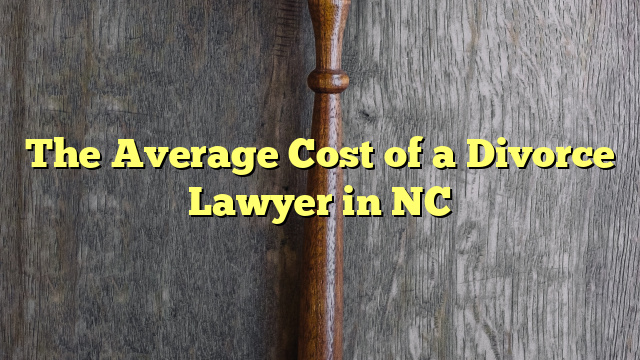body {
font-family: Arial, sans-serif;
}
h1 {
text-align: center;
}
h2 {
margin-top: 30px;
}
h3 {
margin-top: 20px;
}
table {
width: 100%;
border-collapse: collapse;
}
table, th, td {
border: 1px solid black;
padding: 10px;
}
a {
text-decoration: none;
color: blue;
}
a:hover {
text-decoration: underline;
}
Balancing Freedom Of Speech And Online Hate Speech Regulation
Table of Contents
- Introduction
- Does freedom of speech cover hate speech?
- How to regulate hate speech on social media?
- Does freedom of speech include online?
- How does Internet censorship affect freedom of speech?
Introduction
The issue of balancing freedom of speech and online hate speech regulation is a complex and contentious one. On one hand, freedom of speech is a fundamental right that allows individuals to express their opinions and ideas without censorship or restraint. On the other hand, hate speech can have harmful and even dangerous consequences, leading to discrimination, violence, and the marginalization of certain groups.
Does freedom of speech cover hate speech?
One of the key debates surrounding hate speech is whether or not it is protected under the umbrella of freedom of speech. While freedom of speech is a fundamental right, it is not absolute. In many jurisdictions, hate speech is not protected and can be subject to legal consequences. However, the definition and interpretation of hate speech can vary widely, leading to challenges in enforcement and regulation.
How to regulate hate speech on social media?
The rise of social media platforms has presented new challenges in regulating hate speech. These platforms have become breeding grounds for hate speech, as individuals can easily disseminate their views to a wide audience. Regulating hate speech on social media requires a multi-faceted approach, including clear guidelines and policies, proactive monitoring and reporting mechanisms, and cooperation between platforms, governments, and civil society organizations.
Section 3.1: Clear guidelines and policies
Platforms must establish clear guidelines and policies that define hate speech and outline the consequences for violating these rules. These guidelines should be transparent and consistently enforced to ensure accountability and discourage the spread of hate speech.
Section 3.2: Proactive monitoring and reporting mechanisms
Social media platforms should invest in technology and human resources to proactively monitor and identify hate speech content. Users should also be provided with easy-to-use reporting mechanisms to flag and report hate speech, allowing for swift action to be taken.
Section 3.3: Cooperation between platforms, governments, and civil society organizations
Addressing hate speech on social media requires collaboration between platforms, governments, and civil society organizations. Platforms should work closely with relevant stakeholders to develop effective strategies and share best practices for combating hate speech. Governments can also play a role by enacting legislation that holds platforms accountable for failing to adequately address hate speech.
Does freedom of speech include online?
Yes, freedom of speech extends to online platforms. As the internet has become an integral part of modern communication, the right to freedom of speech has naturally extended to online spaces. However, this does not mean that all forms of speech are protected online. Just as with offline speech, there are limitations and restrictions on what can be said online, including hate speech, incitement to violence, and defamation.
How does Internet censorship affect freedom of speech?
Internet censorship can have a significant impact on freedom of speech. While censorship is sometimes implemented to combat hate speech and protect vulnerable groups, it can also be used as a tool of repression and control. When governments or authorities have the power to censor online content, it can stifle dissent, silence marginalized voices, and limit the free flow of information and ideas.
Section 5.1: Striking a balance
Striking a balance between regulating hate speech and protecting freedom of speech is a delicate task. It requires careful consideration of the specific context, cultural norms, and the potential consequences of both allowing and restricting certain types of speech


It’s no secret that divorces can cost a pretty penny in NC. Thankfully, a quality divorce lawyer can help make the process easier while saving money. Good lawyers provide valuable experience and can anticipate outcomes, leading to better decisions.
I’m not convinced that costs for an NC divorce lawyer are relatively fixed. It’s possible that fees could depend on the complexity of the case.
Divorce is expensive, especially with a lawyer. It’d be great to explore other options like low-cost clinics or mediation.
Divorce lawyer costs are high in NC – makes sense to get good advice.